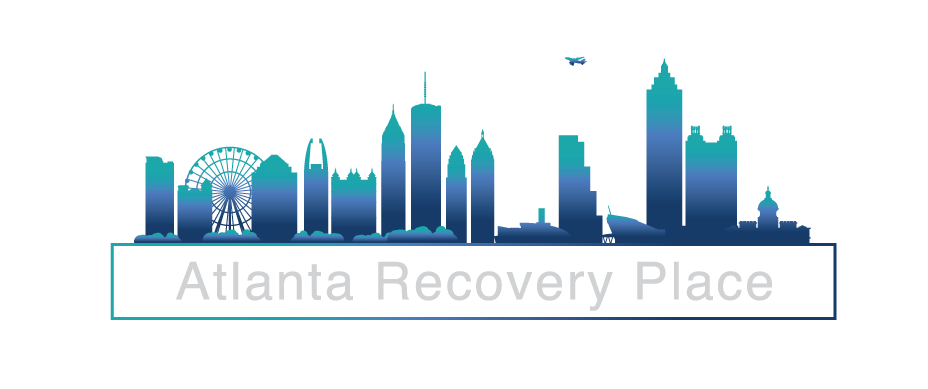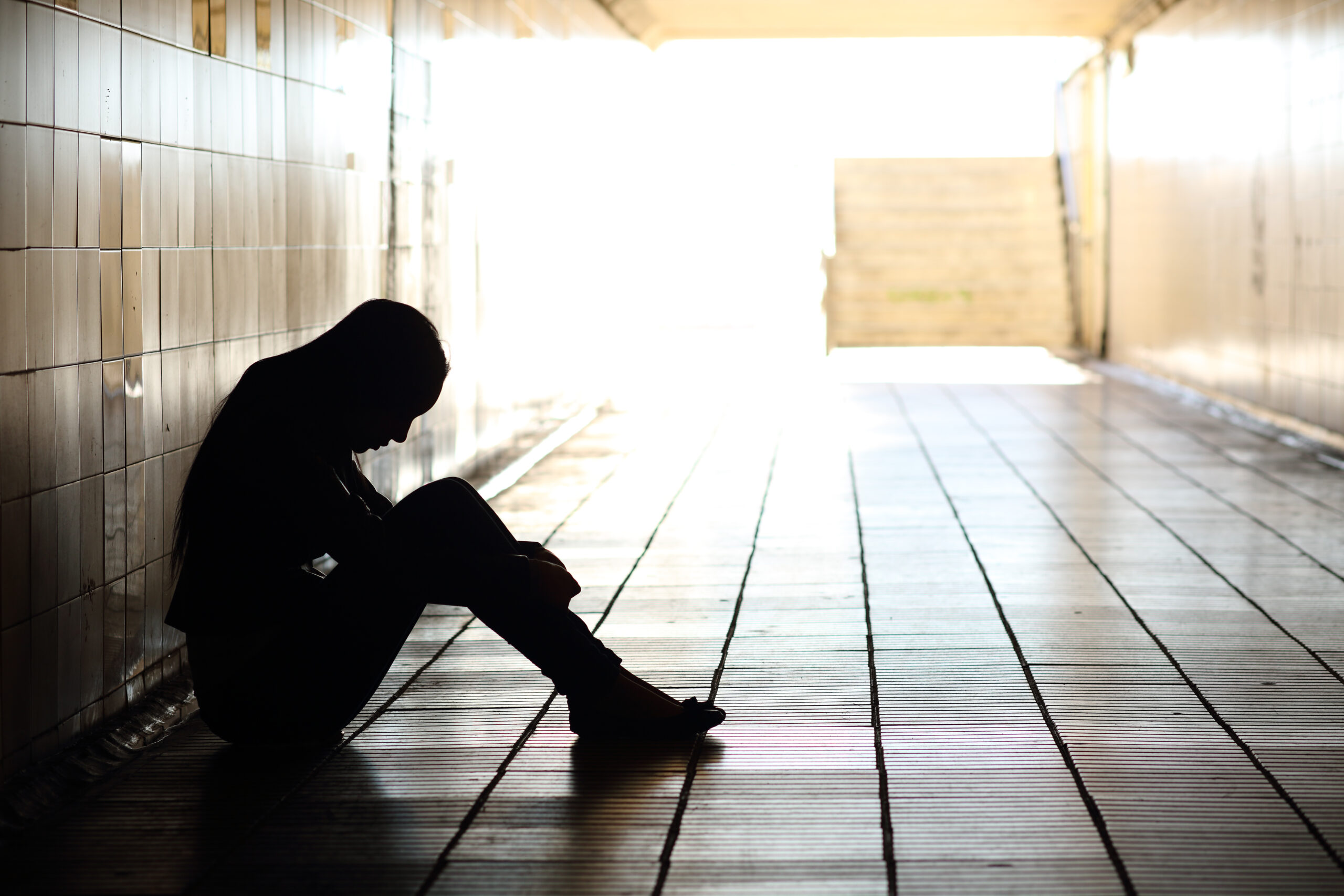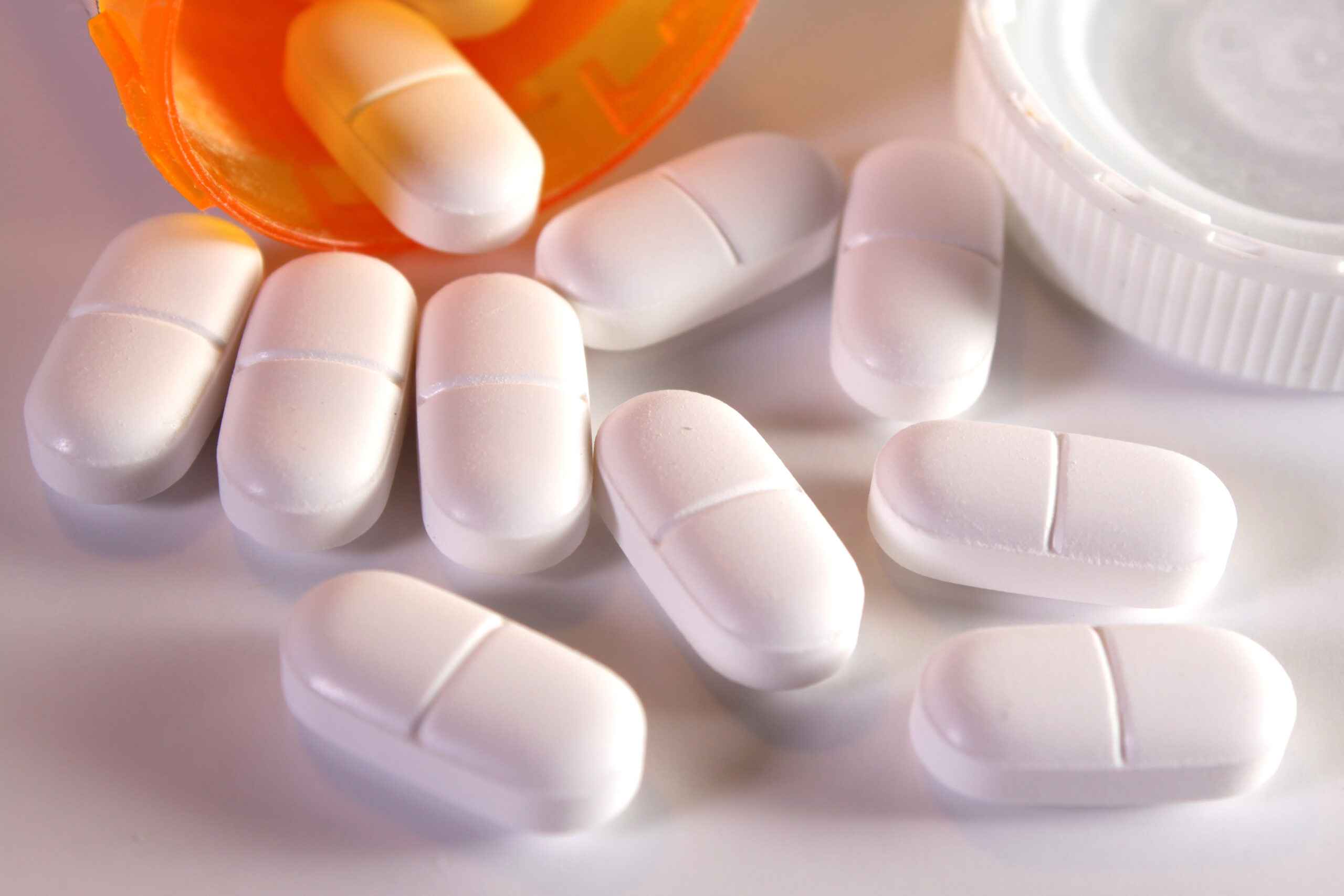In Atlanta, Georgia, stands a beacon of hope for those battling addiction: Atlanta Recovery Place. With its focus on proven traditional addiction methods and holistic care, our Georgia addiction recovery center has emerged as a trusted partner in the fight against addiction. By providing multiple treatment options, addressing an extensive range of addictions, and supporting diverse groups of people with our work, we are proud of our impact on our local community. We are conveniently located near Sandy Springs in nearby Dunwoody, Georgia.
Overview of Atlanta Recovery Place
Built on values of empathy, honesty, and top-notch service, Atlanta Recovery Place stands out as a premier Georgia drug and alcohol rehab dedicated to helping individuals break free from addiction’s grasp. With a team of doctors, therapists, and counselors, Atlanta Recovery Place takes an approach to addiction recovery that considers physical health alongside emotional and mental well-being. Our holistic approach supports the client’s well-being and encourages long-term sobriety and personal evolution.
Treatment and Recovery Approach
At Atlanta Recovery Place, treatment is individualized rather than seen as one-size-fits-all. It is tailored to meet the needs of each client.
The center adopts an approach to healing integrating therapeutic methods such as cognitive behavioral therapy (CBT), dialectical behavior therapy (DBT), and motivational interviewing. By conducting evaluations and crafting care plans, individuals are empowered to confront the root causes of their addiction and acquire the skills necessary for long-term sobriety.
Variety of Treatments Provided
Atlanta Recovery Place offers an extensive array of evidence-based treatments tailored to suit each person’s specific requirements. Ranging from detox programs to one-on-one therapy sessions and group support meetings, the center embraces a variety of methods to help individuals in their recovery.
At Atlanta Recovery Place, we provide clients with an in-depth intake assessment that helps determine what supports would be most helpful and guides the creation of personalized treatment plans for our Partial Hospitalization, Intensive Outpatient, and Outpatient treatment programs. We work to find a treatment solution for every person.
Furthermore, Atlanta Recovery Place provides medication-assisted treatment (MAT) for individuals dealing with alcohol addiction, offering an efficient method to handle cravings and withdrawal symptoms.
Our treatment program also includes Georgia family therapy sessions, as we recognize the impact of family dynamics on the path to recovery. Through these sessions, clients and their loved ones have a space to address issues, heal past wounds, and mend relationships. Atlanta Recovery Place promotes communication, strengthens bonds, and builds a support network for long-lasting sobriety by involving families in the healing process.
In addition to traditional therapies, Atlanta Recovery Place uses approaches like animal-assisted therapy. By interacting with therapy animals, clients form connections and benefit from their unconditional acceptance and companionship. Whether engaging with therapy dogs in group settings or participating in equine-assisted therapy, clients of Atlanta Recovery Place explore pathways for self-expression, healing, and personal development. Animal-assisted treatment helps reduce stress, promotes relaxation, and nurtures empathy, compassion, and a sense of connection—critical components of the recovery journey.
Variety of Addictions Treated
Atlanta Recovery Place is prepared to tackle addictions encompassing substance use disorders and behavioral dependencies, be it alcohol, opioids, stimulants, or gambling. The facility delivers treatment programs tailored to confront the hurdles linked with each addiction.
Additionally, Atlanta Recovery Place excels in aiding individuals with co-occurring conditions by acknowledging the intricate relationship between addiction and mental health challenges. Our programs support individuals with anxiety, depression, bipolar disorder, and PTSD who are also experiencing addiction. The treatment processes for these dual-diagnosis disorders are designed to address the cyclical nature of co-occurring mental health concerns.
Support for Specific Groups
A notable aspect of the recovery programs we offer at Atlanta Recovery Place is our dedication to serving underserved communities. From LGBTQ+ individuals to veterans and young adults, our treatment center provides customized programs and support services crafted to address the requirements of each group. Moreover, Atlanta Recovery Place provides initiatives for individuals with occurring mental health issues to ensure they receive comprehensive care addressing both their addiction and underlying psychological concerns. We aim to support individuals in need across various situations through specific programming.
Community Involvement and Outreach
Apart from delivering treatment services, Atlanta Recovery Place actively participates in community engagement and outreach endeavors. Through collaborations with organizations, advocacy campaigns, and educational initiatives, the center strives to raise awareness about addiction, diminish stigma, and enhance access to treatment. By engaging with the community, Atlanta Recovery Place extends its impact and aids individuals on their path to recovery.
In conclusion, we are committed to comprehensive, innovative, and sustainable addiction treatment at Atlanta Recovery Place. Through a range of therapeutic modalities, including family therapy and animal-assisted therapy, we address the multifaceted needs of individuals seeking recovery from addiction. We foster an environment where healing and transformation flourish by embracing holistic approaches encompassing physical, emotional, and psychological well-being. Our dedication to personalized care, evidence-based practices, and inclusivity ensures that each client receives the support and resources needed to embark on a path to lasting change. Atlanta Recovery Place isn’t just a treatment center—it’s a beacon of hope, guiding individuals and families toward a brighter future beyond addiction.








